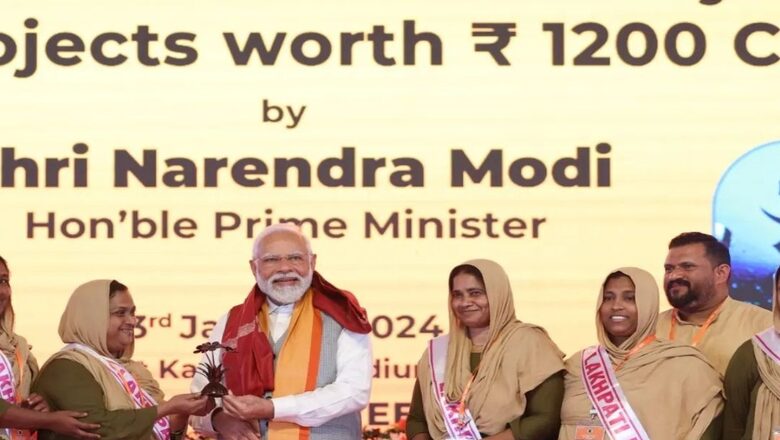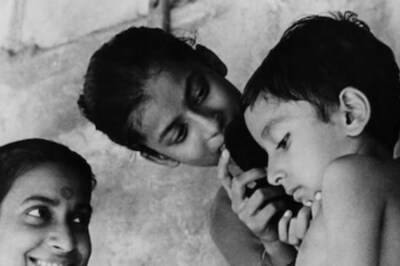
views
When Meeta, a 38-year-old from the small town of Belgaum in Karnataka, was asked why she wanted funding for her oil-pressing business, she had a simple answer. She wanted to grow her business big time, aiming to make over 200 tonnes of cold-pressed oil every month. But that’s not all. She also wanted to bring in her friends from her village self-help group and give them jobs. When asked why she wanted to do that, her answer was straight from the heart. She said, “If we’re independent, we can stop the abuse at home often stemming from alcoholism by their husbands.”
Meeta’s story is synonymous with the thousands of women entrepreneurs across India’s vast expanse, each driven by a unique blend of necessity and passion. For these women, equal access to economic resources is not just a matter of gender equality, it’s a prerequisite for India’s sustainable economic growth and development.
In a recent report released by the Ministry of Micro, Small, and Medium Enterprises, it was revealed that only 20 per cent of MSMEs in India are led by women entrepreneurs. While this figure signifies a positive shift, it also underscores a notable challenge. Despite a commendable increase in the registration of women-led MSMEs in India—from approximately 4.9 lakh in 2020-21 to nearly 8.59 lakh in 2021-22—these numbers still fall short compared to rates observed in countries like the United States, Australia, and various European nations such as Germany and France. This gap can be linked to indicators of robust institutional foundations and a thriving entrepreneurial ecosystem in those regions.
Recognising the pivotal role of entrepreneurs, particularly women, in propelling India’s economic advancement, Finance Minister Nirmala Sitharaman’s sixth budget endeavours to be transformative. Initiatives such as the Lakhpati Didi scheme are poised to empower youth and women entrepreneurs, thereby igniting growth at the grassroots level.
In line with this vision, the government has set forth an ambitious target – uplifting two crore “lakhpati didis” within rural villages. This holistic approach seeks to address poverty and foster economic empowerment by equipping women with the necessary tools and resources to exceed an annual income of Rs 1 lakh. Such initiatives not only aim to bridge the gender gap in entrepreneurship but also contribute significantly to the socio-economic development of the nation.
Central to the success of this initiative is the provision of drones to women’s Self-Help Groups (SHGs) for agricultural activities. By melding advanced technology with traditional farming practices, the scheme seeks to revolutionise the agricultural landscape while empowering rural women. Approximately 15,000 women’s SHGs will undergo specialised training in drone operation and maintenance, enhancing their capacity to thrive in modern agricultural endeavours.
Moreover, the scheme encompasses a wide array of skill development opportunities for women, ranging from LED bulb manufacturing to plumbing. By diversifying their skill sets, women are better positioned to explore various income-generating avenues and contribute meaningfully to their households and communities.
However, amidst the optimism surrounding such initiatives, it’s imperative to acknowledge the challenges that lie ahead. Accessibility and affordability issues surrounding drones, particularly in remote regions, remain pressing concerns. Furthermore, while skill development programs offer promise, their efficacy hinges upon market demand and access to sustainable livelihoods.
Nevertheless, as Meeta’s story illustrates, the Lakhpati Didi scheme represents hope for women across the country, offering not just economic opportunities but also a way to dignity and self-reliance. While challenges undoubtedly loom on the horizon, it is through concerted efforts and unwavering determination that the vision of an inclusive and empowered India will be realised.
The author is Program Consultant at N S Raghavan Centre for Entrepreneurial Learning, Indian Institute of Management, Bengaluru. Views expressed in the above piece are personal and solely that of the author. They do not necessarily reflect News18’s views.




















Comments
0 comment